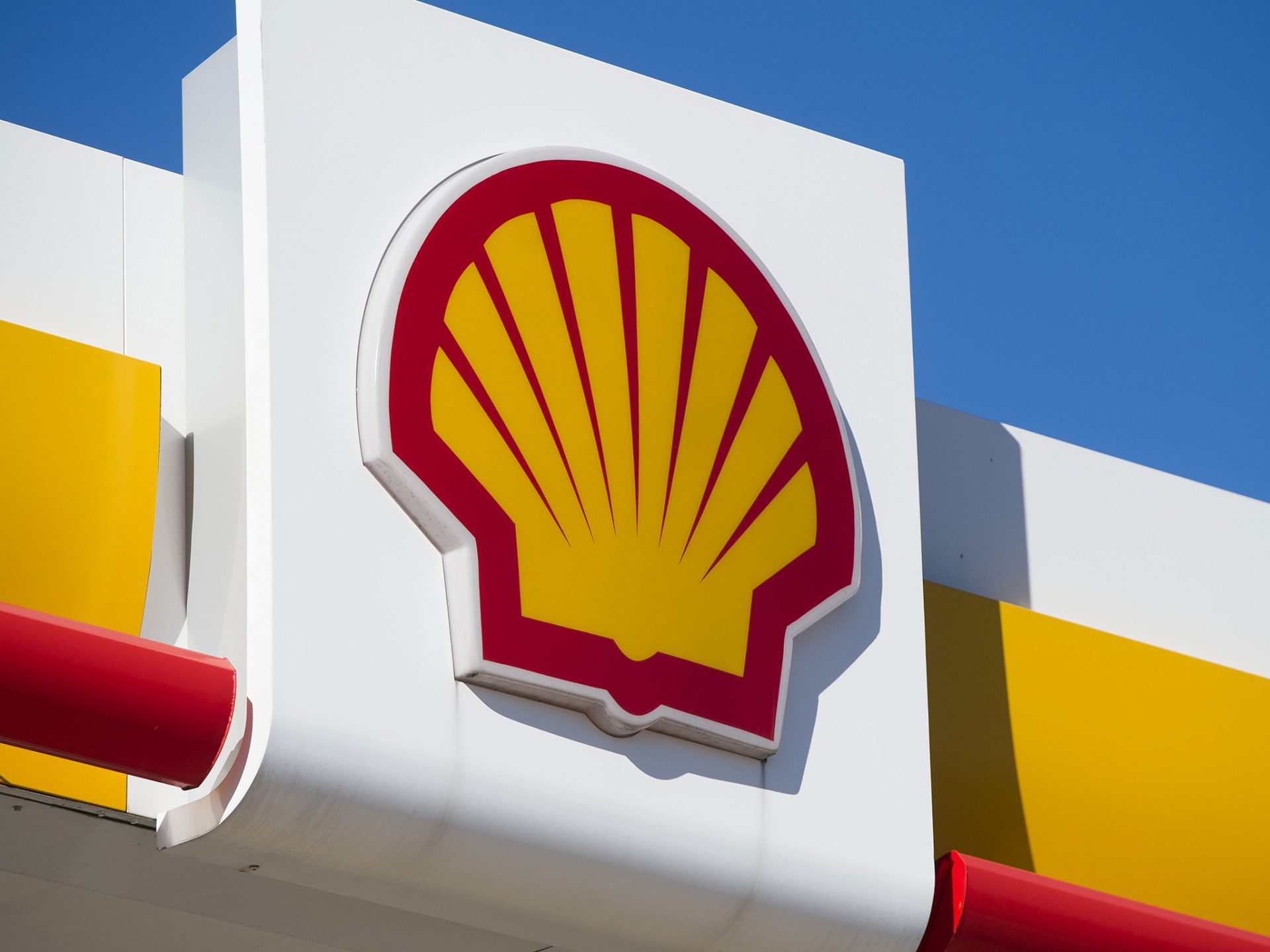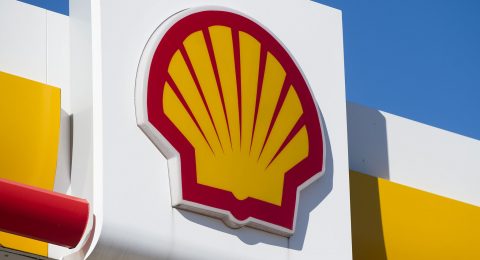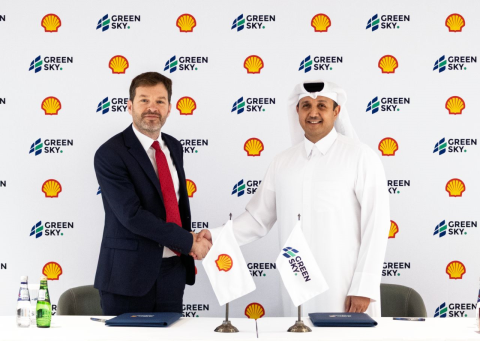Shell reported third-quarter profits of up to $9.45 billion, easing from the previous quarter’s record high due to lower refining and gas trading, as it declared plans to dramatically increase its dividend by year end when its CEO departs, Reuters reported.
Shell announced plans to purchase $4 billion in stock over the next three months after spending $6 billion in the previous quarter as part of an expansion of its share repurchasing program.
When Chief Executive Officer Ben van Beurden leaves his position, the company plans to increase its dividend by 15%. The dividend will be paid in March.
After trading began in London, Shell shares increased by 2.5%.
Shell is on track to beat its previous annual record profit of $31 billion set in 2008 with a profit of $30.5 billion so far this year.
As a result of rising oil and gas prices following Russia’s invasion of Ukraine in February and tightening global oil and gas supply, Shell’s shares have increased by nearly 40% so far this year.
The gas and renewables division, Shell’s largest, experienced a severe 38% quarterly decline, which negatively impacted the quarter’s adjusted profitability of $9.45 billion, which marginally beat expectations.
The second quarter’s earnings set a record at $11.5 billion.
Because of ongoing strikes at its Australian Prelude facility, the largest LNG trader in the world generated 5% less LNG during the period compared to previous year, at 7.2 million tones.
Its gas trading business was hit this quarter by “supply constraints, coupled with substantial differences between paper and physical realizations in a volatile and dislocated market.”
Due to lower refining margins, earnings from the divisions of refining, chemicals, and oil trading also fell drastically by 62% in the quarter.
Shell declared that it would stick to its budget of $23–27 billion for this year.
Due to a substantial working capital loss of $4.2 billion brought on by changes in the value of European gas stockpiles, Shell’s cashflow for the quarter fell precipitously to $12.5 billion from $18.6 billion in the prior quarter.
Shell’s net debt increased by almost $2 billion to $46.4 billion as a result of decreased operating cash flow and to pay for a recent acquisition. Additionally, it exceeded 20% in terms of gearing, or debt to capital.












